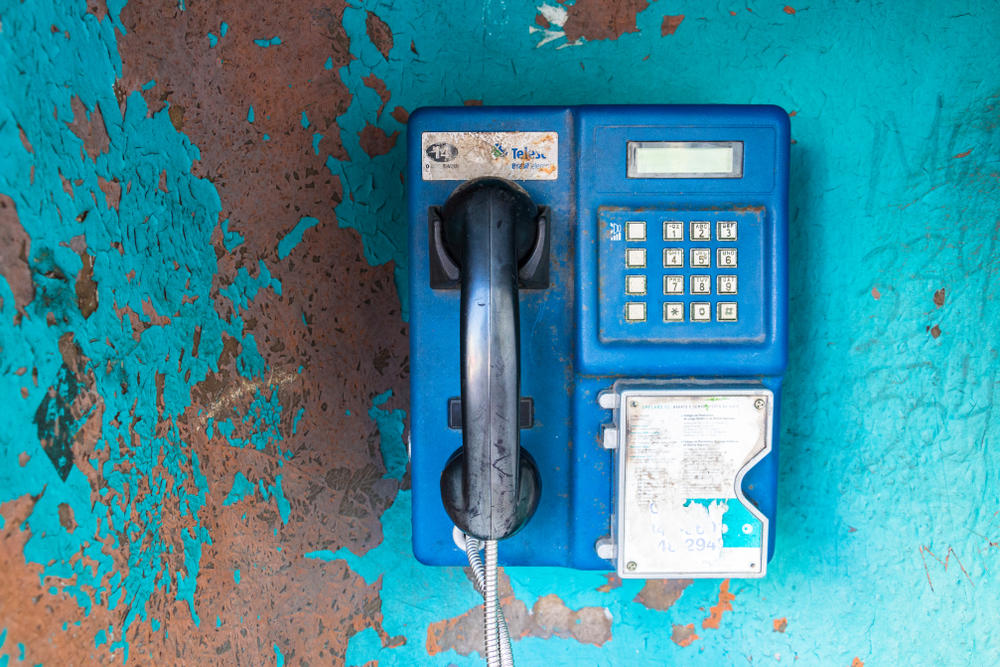There is no doubt that the major macroeconomic reforms to overhaul the pension and tax systems are the hottest topics on the Brazilian political and economic agenda for 2019. However, the ultra-liberal Economy Ministry’s bid to shake up Brazil’s economy and make Brazil “pro-business” goes way beyond these reforms. The process will also require an update to several regulatory frameworks. Among the ongoing battles, Congress has already addressed the possibility of foreigners owning airlines in Brazil—thus spurring competition—but as pension reform debates ramped up, two of the most important sectoral issues were put to one side: new regulatory frameworks for the sanitation and telecom sector.
What is at stake?
Brazil’s current telecommunications law is 22 years old. When it was created, it was a key part of the privatization process that ended up exponentially increasing access to telephone services in the country. It also created Anatel, Brazil’s telecom regulator. However, over time, the law has become outdated. It is overly focused on landline telephone assets and does not allow for the extension of companies’ operating contracts—which expire in 2025.
Since 2016, a revamp is being discussed in Congress and was even approved by lawmakers. However, due to protests over a lack of debates, the Supreme Court ordered it to be analyzed again, following the proper proceedings. Since then, the bill has stalled.
The problem is that time is running out. Considered a pro-business bill, the sector deems it crucial to provide legal security to investments in telecommunications. It will become even more necessary from March 2020 onward, when the country...


 Search
Search






































